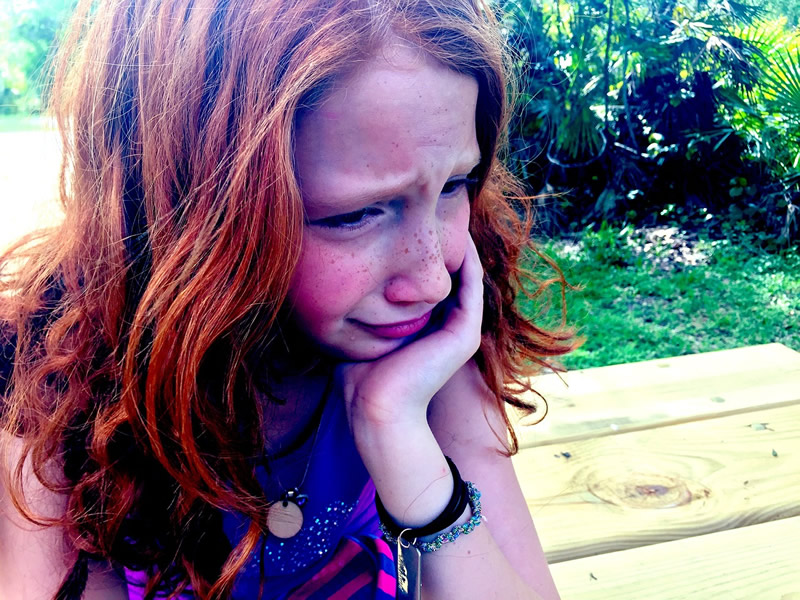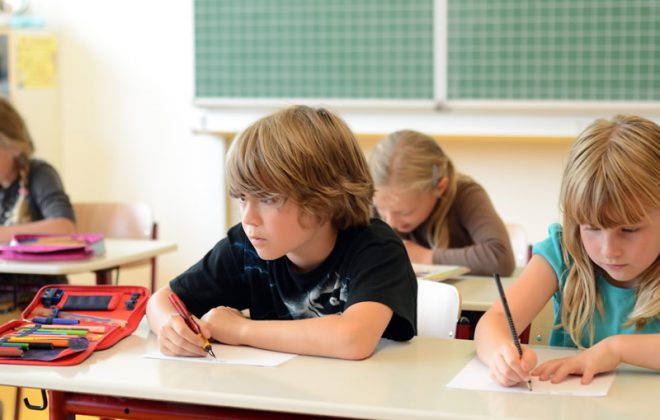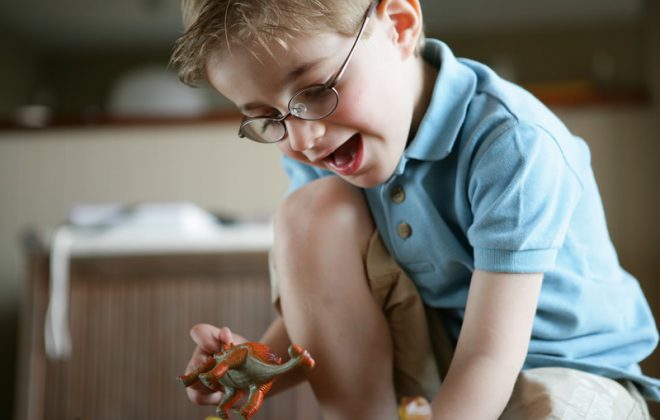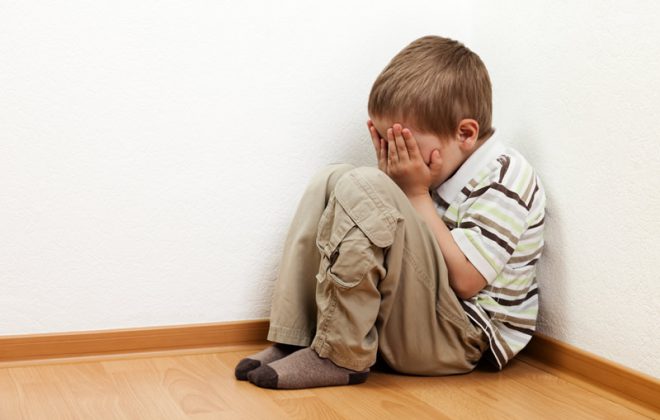Ep30 – When things go wrong – part 2
The other day we were at the supermarket and the two of them were both screaming about something, I don’t know what, but then Angela completely lost it. I mean, she just went off. She was literally lying on the ground of the freezer aisle and screaming like a banshee. When I tried to pick her up and put her in the trolley she pulled my hair and tried to hit me. I was so embarrassed. Why is my child like this?
Key points
- When your child loses it, repair the situation as soon as practical.
- Most of the time, communication breakdowns happen because of misunderstandings.
- Be the guide and mentor you want to be.
- Take time to wind down.
- Don’t over-connect.
What happens when our child loses it? Actually, the same principles apply. We should attempt to repair the situation as soon as practicably possible after our child has calmed down; the damage to relationships happens when frequent breakdowns occur with no repair. Children, of course, lose it much more often than we do (at least I hope!). They are still learning how to control their emotions, remember.
A big wobbly (by you or your child) is more likely in times of stress, such as after the death of relative or pet, when moving house, following the arrival of a new baby, or during a separation or some other trauma. Some days are worse than others; some months and years are worse than others.
Losing it can also result in physical symptoms such as headache or tummy pains. This is understandable — a significant stress reaction in our body has a lot of physical consequences. A major communication breakdown, a fight, can be pretty damn unpleasant.
What does a normal parent child relationship look like?
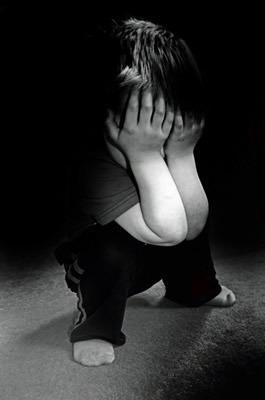
An ongoing pattern of communication breakdown and repair, breakdown and repair, breakdown and repair. Most of the time, these communication breakdowns happen because of misunderstandings.
Sometimes, however, it’s because we are teaching them stuff; for example, there will be situations when our kid is losing it, and we deliberately choose not to fix the problem (at least to their satisfaction), where we consciously choose not to alleviate their distress by giving them what they want (‘Sorry, Mike, I know you’re upset but we are not going back to the toy shop.’).
Our children need to learn self-control, how to handle disappointment and cope with getting wound up and calming down. As Siegel and Hartzell* say:
Letting your child have his emotion and letting him know that you understand that it’s hard not to get what he wants is the kindest and most helpful thing you can do for your child at this moment.
Connect with your child
Occasionally we have to overcome our own feelings during these moments. If our child is screaming like a banshee in the supermarket we may be too busy worrying what the other shoppers are thinking (about us), to be concerned about connecting with our kid. Yep, we all carry this sort of baggage but try, if you can, to forget about the other shoppers. Your child is the one you have to live with.
If you and your child seem to repeatedly and frequently have these unpleasant moments, you may need a rethink. If, as parents, we’re constantly thinking about ourselves, our minds are no longer connected with our children’s minds. We are ‘together alone’. This is bad for such a social animal as the human child, and stops us being the guide and mentor we want to be.
However, parents also need solitude. We can over-connect. If our kids are pestering and we need to be alone — tell them! They have their emotional L plates on, and may not be aware of our need to wind down. Once they learn to drive the complex machine known as their mind, they will be able to take it to other places, learn to connect with their friends, and not crash. The day will come when they will hardly want to know you (ask any parent of a teenager!), although if you’ve nurtured the connection it will always remain strong.
In summary, we need to be kind to ourselves and forgive ourselves for losing it (guilt can stop us repairing), but also try to be less self-absorbed. Then we can then demonstrate and model kindness and humility to our children — and there are few greater gifts we can give them.
* Parenting from the Inside Out, Dan Siegel and Mary Hartzell

